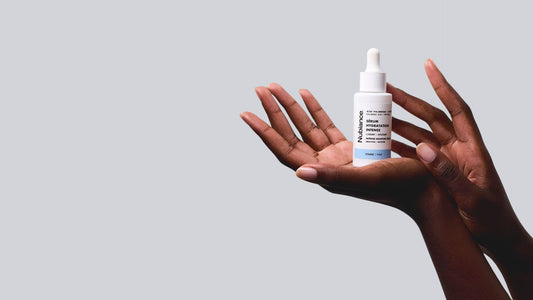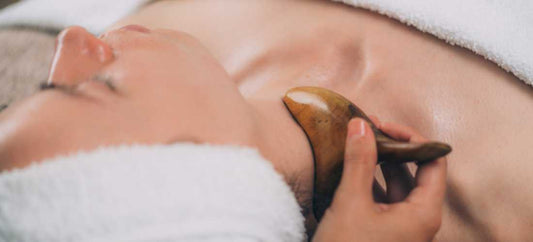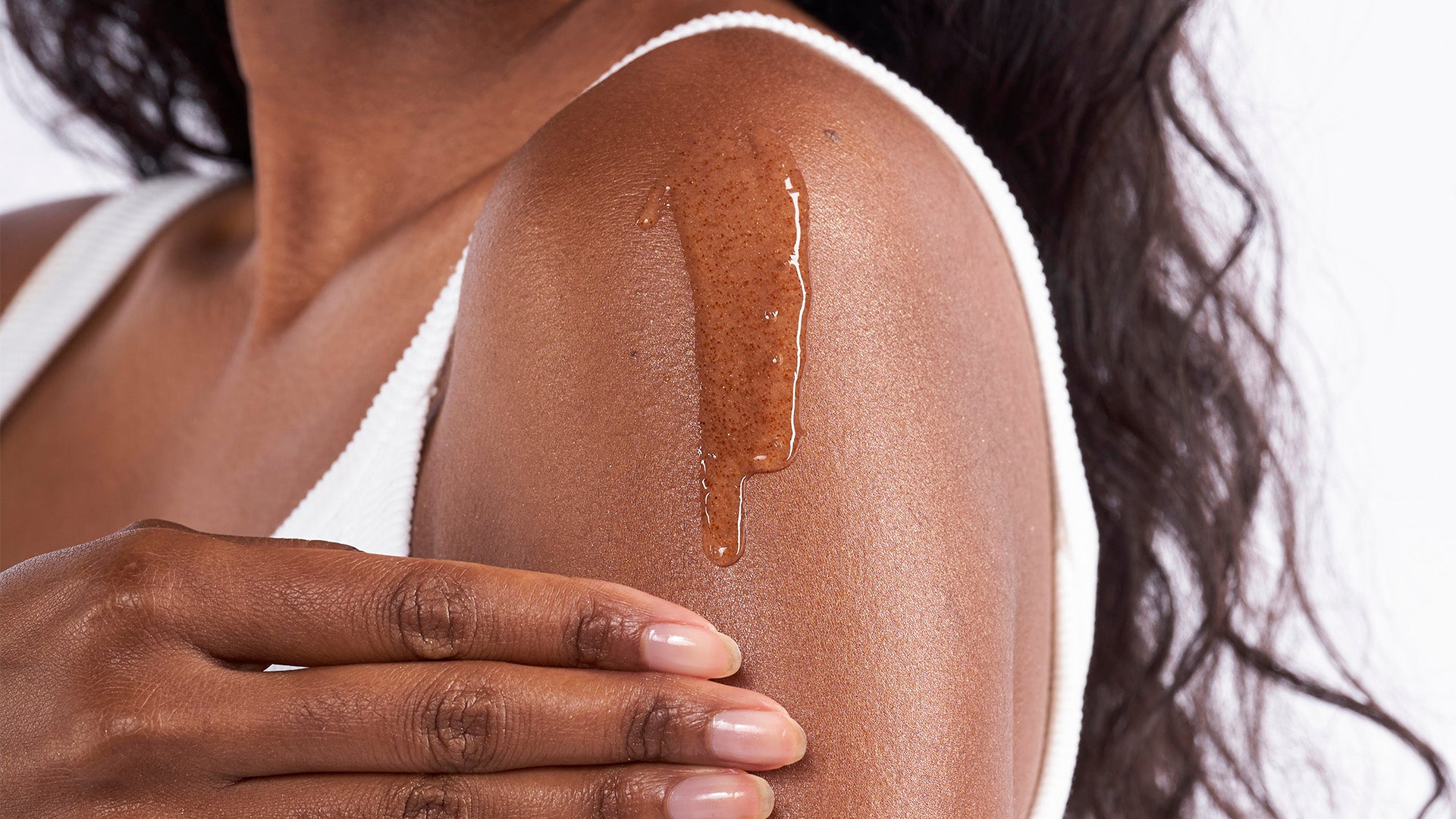
Spots, pimples, allergies, psoriasis... When the skin expresses itself!
Partager
Why and how to explain such a link? Is the skin really a reflection of our emotional state? Do our thoughts influence the appearance of our skin? This is the question we will try to answer through this article.
Deciphering our skin moods
The skin is our identity card, our main energy sensor. No less than five million sensory cells record countless sensations: cold , heat, textures, pain...
We blush in embarrassment or pleasure, and sometimes turn pale with fear.
So many elements that we would often prefer to hide from others...
The skin is an organ representing about two square meters of surface and 15% of our total weight.
3 complementary layers make it up:
1- The epidermis, visible to the naked eye: it renews itself every twenty-eight days on average. It perceives sensations, thanks to its nerve endings, and synthesizes vitamin D. The epidermis protects us from the cold, the sun's rays and external aggressions.
2 - The hypodermis: it acts as a thermal insulator and dampens shocks between the skin and the skeleton.
3 - The dermis, whose fibers give the skin its suppleness and firmness. It is in this area that originate the sebaceous glands which secrete sebum as well as the "sweat glands" (which produce sweat).
A very powerful psychosomatic marker
Skin and emotions are intimately linked. The skin sometimes expresses what we hide deep inside.
“ Being good about yourself ” or “ being bad about yourself ”, “ saving your skin ”, “ risking your skin ”, “ getting new skin ”, “ having tough skin ”… Many language expressions clearly underline the link between the skin and the psyche, -that is to say the psychological health-, and the health of the organism through the state of the latter .
Health and psyche
Allergies, itching, pallor, redness, dryness, pimples, warts, cracks, sores, changes in pigmentation, sweat, dehydration... These skin disorders are psychosomatic alterations whose origin is a psychological or emotional problem.
Our emotions can shake our immune system and thus reveal or aggravate certain skin diseases. And yes ! You should know that the skin betrays all our moods. Stress promotes inflammatory outbreaks such as herpes, eczema or acne.
Numerous studies have established the impact of our emotions on our epidermis. And for good reason, when we are at the embryo stage, it is the same area that gives rise to skin cells and brain cells.
When we are sad or stressed, our skin seems to be less shiny, drier, dehydrated and less radiant than usual. However, when we are well, our complexion seems to be in perfect harmony. This reflects the revealing relationship between skin and emotions.
It is considered that 80% of dermatological disorders are predominantly psychological. The more the psyche is in difficulty, the more the skin and its physiological functioning are also affected.
The role of the stress hormone, cortisol, has been demonstrated in the onset of psoriasis, rosacea, acne and even atopic dermatitis .
Stress causes the release of hormones and neurotransmitters ( chemicals that transmit information between cells ) in the brain, blood and skin, which worsen inflammation and make it chronic.
Emotions can reveal or aggravate inflammatory and immune skin diseases
You should know that illness is always caused by a blockage of energy.
Small pimples on the face? W e may be afraid of losing our prestige, because we suffer from an inferiority complex or because we feel the need to be protected.
On the head, it is commonly the symbol of a blockage of creativity or of a need to change our way of thinking and to break the established order. These pimples can also be related to nostalgia for a past that we want to recover or to emotional wounds.
Herpes on the lips and styes are normally signs of nervousness and a lack of calm. Skin and emotions come together to try to externalize our panic, anger, fear, despair or emotional shielding.
Skin problems on the feet possibly reflect dissatisfaction about where we are and the need to make changes.
On the arms, skin conditions can denote a lack of tenderness and an absence of emotional contact. When they occur in the area of the hands, there is an imbalance between giving and receiving.
The skin is therefore an excellent indicator of our mental state. To determine and ensure that a skin condition is psychosomatism , we will seek to establish a relationship between the time of appearance of this skin problem and one (or more) event(s) that may have provoked strong emotions, annoyances or discomfort...
The skin, sensor of our mental and emotional state
Also, you should know that a negative attitude can induce or increase the severity of skin disorders, as much as a positive attitude promotes improvements.
Our thoughts, -and the feelings they engender- alter the normal functioning of organs through the “ sympathetic nervous system ” and the secretions of the endocrine glands ( An endocrine gland is a structure specialized in the secretion of hormones produced which are discharged into the blood and which act on the functioning or development of other organs. ). The SNS acts on the organs, and in particular the skin, by slowing down or accelerating their work.
Find your inner balance to have beautiful skin
The skin is an excellent tool for mediating between our body and its environment.
When we speak of psychosomatism , we accept the fact that there is a link between the body and the mind. But we are still too often unaware of the existence of an energy body and a spiritual body, in addition to our physical body.
It is the combination of physical and mental energies, matter + sensations + perceptions + consciousness, which makes us a complete and healthy being.




